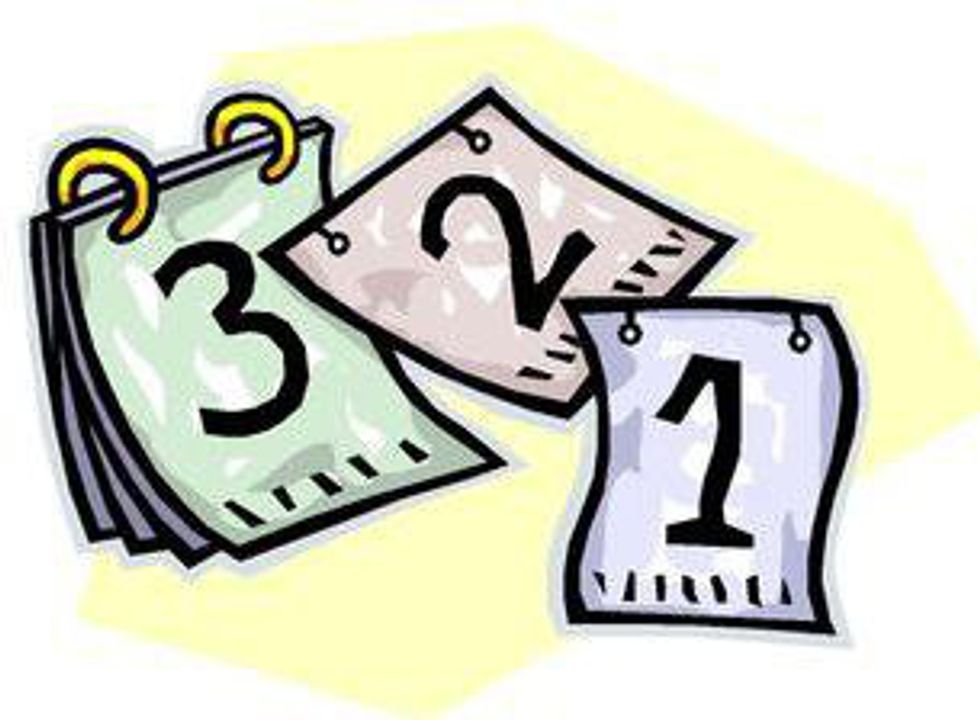I read an article recently where a Caucasian female didn't understand where the term "white privilege" came from. She denied its existence and saw no proof in her day-to-day life. While it was her own opinion, her argument was rooted in biases and lacked substantial evidence. The comments on the article were mostly negative, stating that the fact she didn't see it proved that there is white privilege. Just because you don't see something, doesn't mean it isn't there.
Though I disagree with her argument on various points, it proved something to me. In the past century alone, immigration, historical events (e.g., Civil Rights Movement, Women Suffrage Movement, etc.), and activists have brought to light the ever-changing American identity. While I was taught in public schooling that America is a land of immigrants, others don't seem to get the point. A discussion has been making its rounds throughout communities, placing significance on the white American culture. Over the years, white Americans have struggled with the concept of America not being a white nation. (Spoiler alert: It isn't.) Many people who have a Caucasian background, think that the problems affecting minorities have nothing to do with them. However, now, white millennials have begun their own discussion about tackling these race issues and how their identity affects their fellow Americans.
I recently came across the Whiteness Project, which lets white Millenials speak out on their opinions of race. Recently, they have released a set of videos titled the Intersection of I, focusing on how these white Millenials deal with race. The majority of videos I watched all have a similar theme (though the project tries to keep a neutral standpoint). Most people seem to acknowledge their privilege and how it contributes to a racially prejudiced society, and a lot definitely seem to think that everyone else just views them as "white" and nothing more. While I was looking through these videos, I was really amazed at how different the opinions could be while still remaining as civil and respectful as possible.
Though I didn't agree with everything stated, the purpose of the interviews were to bring forth a discussion. We live in a society where the media would rather hype racial tensions than show the signs of racial equality. We also are living in a time where American segregation is not entirely erased. As a result of our bloody history, parents and elders continue to instill a racist ideology onto the next generation. Yet, my generation is fighting with all their strength to have a society that isn't this way. However, that isn't the case for every individual out there. Despite a person's cultural background, many people will still grow up preferring to hang out with the people who look like them.
In contrast, my circle of friends has been racially diverse for as long as I can remember. It always made us forget that the rest of the world wasn't like that. In high school, a group of teenage boys would stare, throw things, and shout slurs all because we didn't follow the imaginary rules of having a clique consists of only one race. My friends share their culture with me. I learn a bit of a new language every day through them. We sometimes admit to making jokes about race, but that's because we realize our differences. Yet, we never let our cultural differences get in the way of friendship.
It's sad to see that the majority of America is not like my group of friends. America seems to be racially segregated. Political offices are still overwhelmingly held by white males. In a country that is a mix of many various cultures, religions, and places of origin, this is unacceptable. If we have a diverse society, then shouldn't we have a diverse cast of politicians making the laws? Maybe then we wouldn't have Native Americans living on the streets. Maybe then we wouldn't see the need to ask on every single questionnaire "if you are of Hispanic or Latino heritage." Maybe then African American males wouldn't be put in jail at a higher rate than a Caucasian male who committed the same crime. Maybe if we addressed white privilege, then we can change the conversation about race and allow people to get a job based on character and experience, rather than the color of their skin.
























